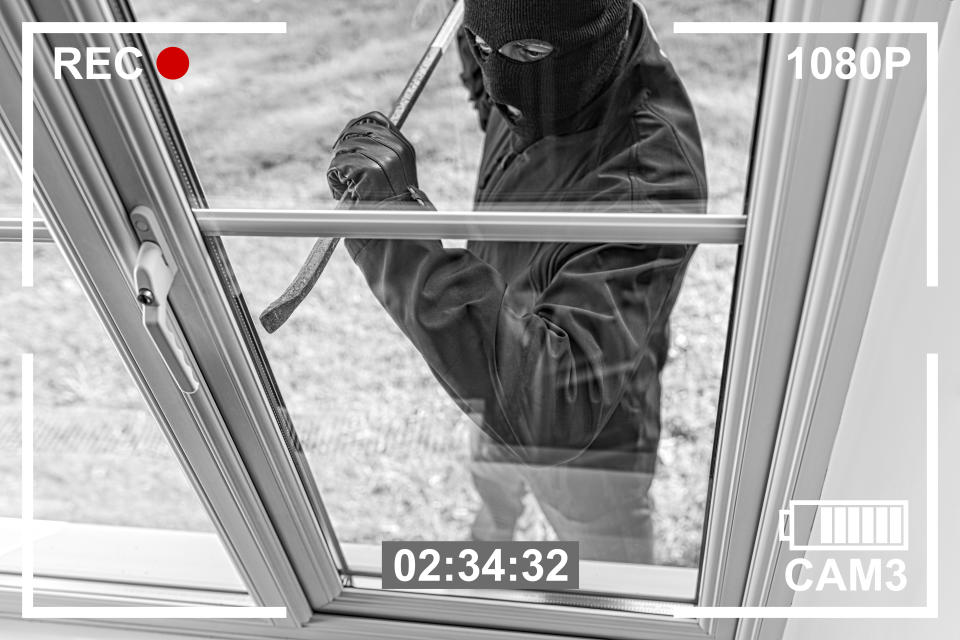Burglars reveal the secret tricks of their trade in new VR study

Experienced burglars have revealed the tricks of their trade in a groundbreaking study where researchers watched how they worked, using virtual environments.
University of Portsmouth researchers asked 160 people to scout a virtual neighbourhood, choose a house to burgle and burgle it – with 55 of the volunteers experienced burglars.
The researchers say that the results show that the best ways to protect your home are to try and make it appear as if someone is at home – and to try and remove hiding places for burglars from the garden.
Security lighting also helps to deter thieves, the researchers found.
Read more from Yahoo News UK:
Anti-abortion group granted university affiliation after legal fight
Google blocks Huawei on Android operating system
Donald Trump threatens to destroy Iran
Three quarters of burglars targeted the end of terrace house, choosing the back door to enter
Burglars spent about nine minutes inside, spending nearly half their time on the first floor.
Discussing the time he spent in first floor bedrooms, one burglar said: ‘A jewellery box can have more money than an entire house.’

Another said: ‘The first thing a burglar does is go upstairs and look for gold. You wanna look for small items, expensive items.’
Dr Claire Nee, of the University of Portsmouth said, ‘This was the first study in the world to observe burglars as they scoped the neighbourhood, and they covered significantly more ground in the same time as the other groups, appraising the rear of the properties and the ends of the terraces.
‘Having entered their chosen property at the back, they quickly navigated upstairs to high value areas focussing on portable, expensive items such as jewellery, laptops and tablets, and wallets.
‘They were also much more efficient than other criminals and non-criminals, who were far less discriminate in what they stole and spent more time in lower value areas on the ground floor.
‘The results showed clear differences in the way burglars navigate and process information in the neighbourhood, compared to other criminals and non-criminals, which we will use to advise homeowners, the police and insurance companies in helping people protect themselves from crime.’

 Yahoo News
Yahoo News 
